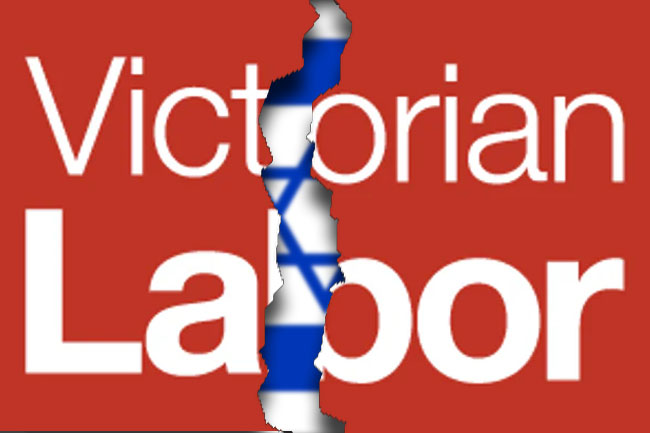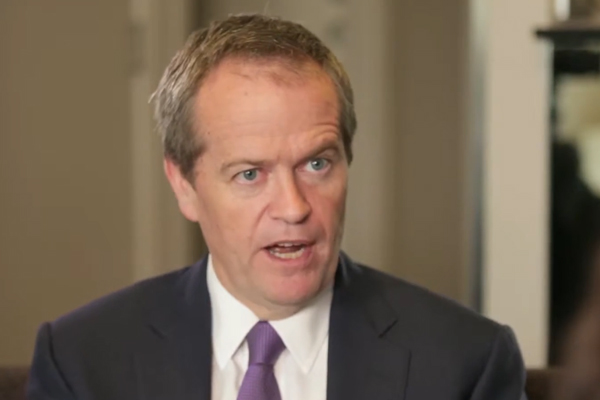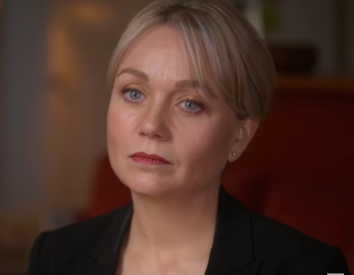More efforts need to be made to embrace the Indigenous history of our country and educate future generations, writes Peter Wicks.
THE CONTINUING Black Lives Matter protests in Australia have shone a light on pseudo-supporters of Indigenous Australians. Supporters that are happy to wave the flag when all is good, but are not so supportive when things become a touch risky. Some on the Left seem to have become not only fair-skinned friends but also fair-weather friends.
COVID-19 has provided a “get out of gaol free” card to many who have a vastly lower chance of needing one than the nation’s First People, whose rights are being fought for by Black Lives Matter supporters. It has provided them with the perfect chance to tell people not to take part in the rallies because of health risks.
Perhaps if the rallies were held at Chadstone Shopping Centre, would it have been okay? Crowds are safe there, we’re told.
“Someone could die because of your actions,” is what some are preaching.
While this is a point that cannot be argued, it also needs to be put into perspective. After all, we do know exactly how many Indigenous lives have been lost as a result of our inaction.
There have been 434 Aboriginal deaths in custody since the 1991 Royal Commission Into Aboriginal Death In Custody.
While there is a chance that doing something may result in a COVID-19 outbreak, the evidence tells us it’s certain that not doing something will result in deaths. Not hypothetical cases — real deaths. That has been proven 434 times. Let’s not forget what the Black Lives Matter campaign is about — lives.
The difference between these two scenarios is that doing nothing puts Indigenous lives at risk, while doing something may put White lives at risk by potentially spreading COVID-19 out into the suburbs. This means those fair-weather friends think it’s best to leave any risk firmly on the shoulders of Indigenous communities and put rallies off to a time when they will be vastly less effective.
If the rallies were about WorkChoices, would some of these people have thought the cause warranted risking COVID-19? I guess we’ll never know.
With this level of support from those claiming to support Indigenous causes, it’s little wonder Indigenous Australians find themselves in the position where they need to rally.
This year's Reconciliation Week finished with a bang — although not the bang we were seeking.
Mining giant Rio Tinto blew up Juukan Gorge, an important Indigenous heritage site that dates back 46,000 years. Gone with the press of a button.
Can you imagine the outcry if a mining company blew up the pyramids in Egypt? Or bulldozed Stonehenge?
Here in Australia, we send out a huge police force to protect a statue of Captain James Cook, but when mining giant Rio Tinto blows up an Indigenous site of worldwide historical significance, the outcome is a few long faces and a few crocodile tears from serial hand-wringers.
I know there is some collective finger-pointing going on at a Senate hearing, but where is the anger from our government over this disaster? How did legislation pass that green lights this awful vandalism to make a few quid? And why did it take something this catastrophic to put it on the agenda?
Rio Tinto’s Chief Executive Chris Salisbury provided an apology for a “misunderstanding”. The Traditional Owners of the site believed it to be a sacred place of immense importance, beliefs Rio Tinto executives “misunderstood” for desires to see it totally destroyed. Easy mistake.
However, this “misunderstanding” excuse doesn’t hold water.
In 2015, Rio Tinto themselves funded a documentary film titled Ngurra Minarli, or “In Our Country”. Back in 2015, there was no “misunderstanding” about the historical and spiritual significance of the site. In 2015, Rio Tinto’s board thought its significance was to be celebrated and preserved on film.
Five years later, its significance was to be utterly destroyed.
Last week, I sought comment from Rio Tinto seeking details of what reparations they were making with Traditional Owners after the destruction at Juukan Gorge. I wanted to know if the mining giant would be paying any financial compensation, or offering profits from the site to Traditional Owners, or Indigenous charities. It seems to me they wouldn’t do something this controversial if there was not going to be a significant financial return, so I was wondering if Rio Tinto’s executives were discussing paying a share of profits to the Traditional Owners.
Despite the written request, Rio Tinto has thus far failed to respond.
Whether there is financial compensation or not, the most important thing is that they are in discussions with Traditional Owners. The Puutu Kunti Kurrama people and the Pinikura people are represented by PKKP Aboriginal Corporation. Their traditional names actually originate from the area where the Juukan Gorge site used to be before it was destroyed, so one can only imagine their sorrow.
The Labor Government in Western Australia is currently working on new legislation to ensure this can’t happen again. What is being worked on was detailed in a release from Yamatji Marlpa Aboriginal Corporation, which also has a history with Juukan Gorge.
One thing that I believe should immediately cease is the use of what is known as a “Section 18”. These are used when an agreement cannot be reached between landowners and Traditional Owners. These have allowed sites to be salvaged and later destroyed and I have yet to hear of an application for one being rejected. It is a tool regularly used by mining corporations and Traditional Owners are not able to apply.
Australia’s Indigenous population continues to suffer disadvantage at a disproportionate rate. Aside from the Apology to the Stolen Generation that took way too many years and a change of government to deliver, no real reparations have been made to the First Peoples despite opportunity presenting itself time and time again.
An example of the lack of political will to honour Indigenous history is the shrinking number of electorates bearing Indigenous names. One that was removed in 2015 was Toongabbie. That NSW electorate changed name after former Premier Nathan Rees quit politics and didn’t recontest his seat in the 2015 Election.
Rees, who incidentally was the premier responsible for the biggest handback of Indigenous land in the state’s history, voiced his anger at this decision in his Valedictory Speech to parliament:
“Personally, I think removing the Aboriginal name of Australia's third settlement from the list of New South Wales electorates is pretty bloody ordinary. They have replaced Toongabbie with Seven Hills, named after the Seven Hills of Rome.”
We can’t be proud of our country and ignore its history.
We’ve been told over and over again by countless reports commissioned by all levels of government about how to reconcile. Maybe it’s about time we listened to what Indigenous communities are telling us and implement their recommendations. Why ask if the response is only going to be ignored?
We are blessed with the history of the oldest continuous human culture known on Earth. We should be embracing it and teaching it to future generations with pride, but instead we are letting the prejudice of a few ruin it for the many.
For those rallying for the Indigenous custodians of our land, I say: “More power to you. The difference you are making is immense and history will look back on you fondly.”
To the Labor councillors in Sydney’s Hills Shire who have been trying to have a Welcome To Country and Indigenous recognition put on the council agenda for years only to be outvoted by the Liberals, I say: “Keep up the fight and if you have to use shame as a weapon, use it mercilessly.”
To those claiming to support the cause while denouncing the actions, I say: “Pick a side. Sitting on a fence only achieves splinters in your arse.”
To Indigenous readers, I say: “I may not feel or know your pain, but I understand your anger and frustration. Meaningful change comes in steps and I’m hoping that this step turns into a leap.”
There is a time to demand our government acknowledge the crimes of our forefathers, make amends, educate future generations and ensure that First Nations people have a real voice and a real say in how this country is run.
That time is now.
Stand up or get out of the way.
Peter Wicks is an Independent Australia columnist and a former Federal Labor Party staffer. You can follow him on Twitter @MadWixxy.
 This work is licensed under a Creative Commons Attribution-NonCommercial-NoDerivs 3.0 Australia License
This work is licensed under a Creative Commons Attribution-NonCommercial-NoDerivs 3.0 Australia License
Support independent journalism Subscribe to IA.












